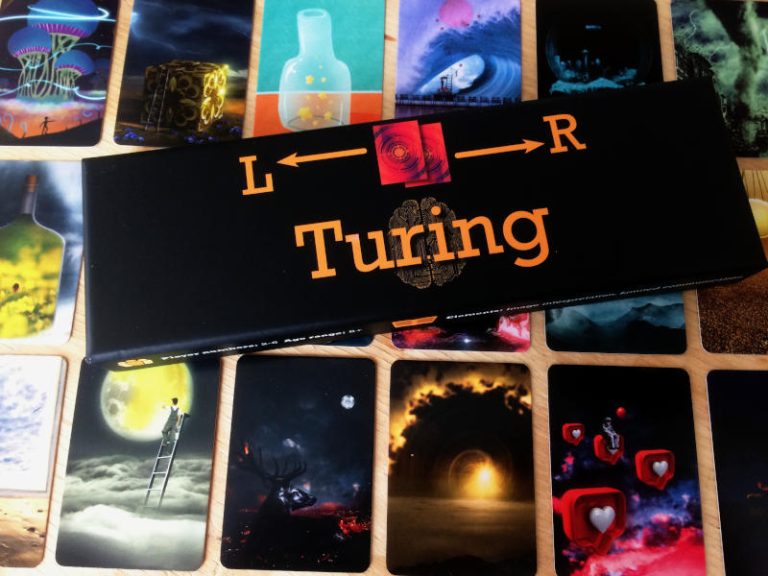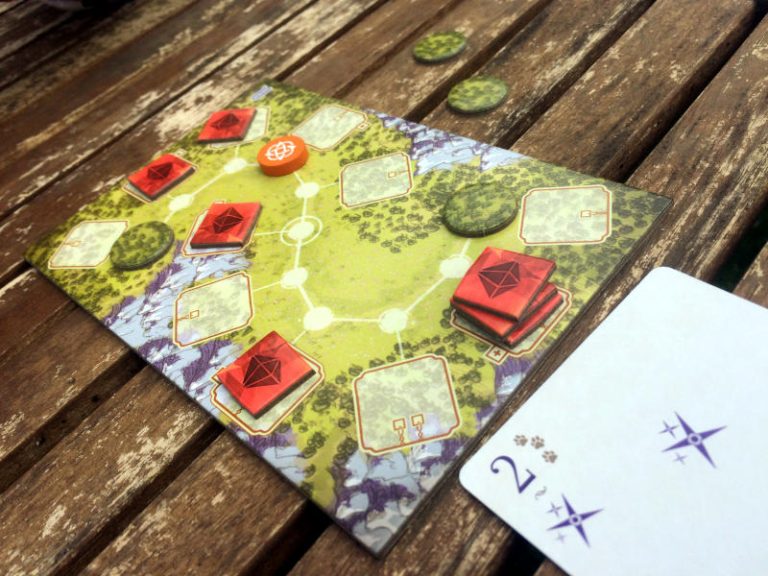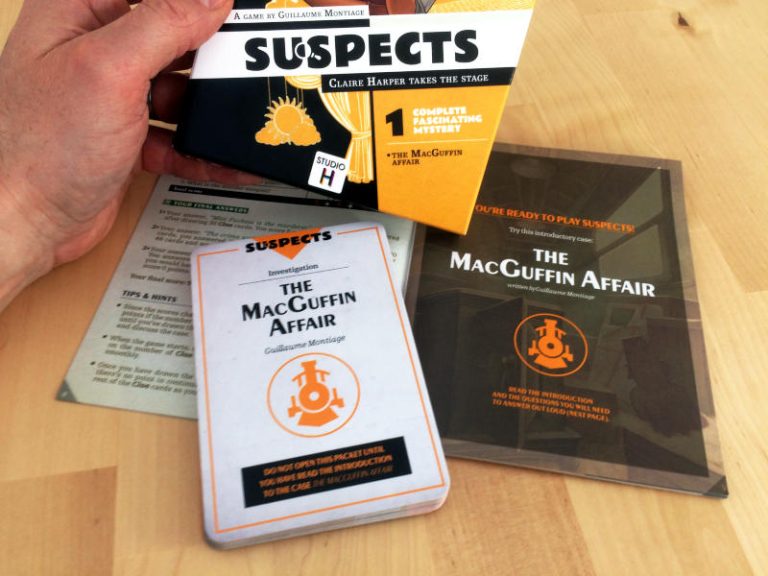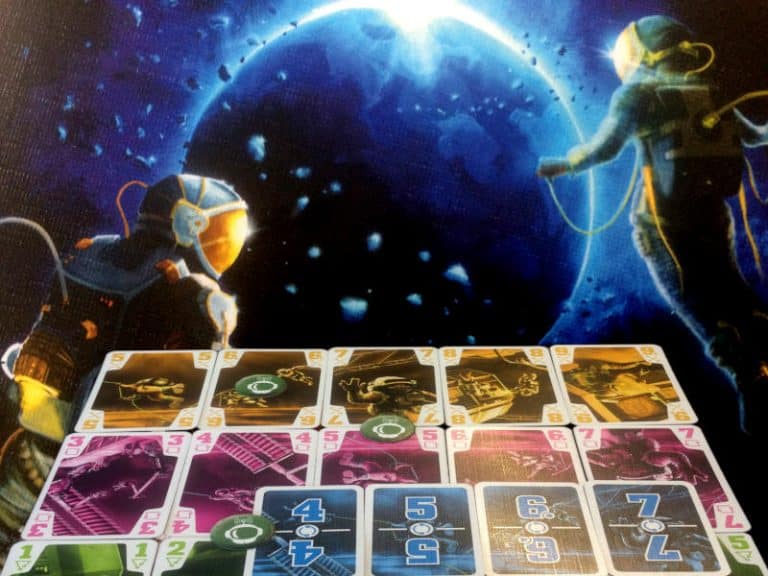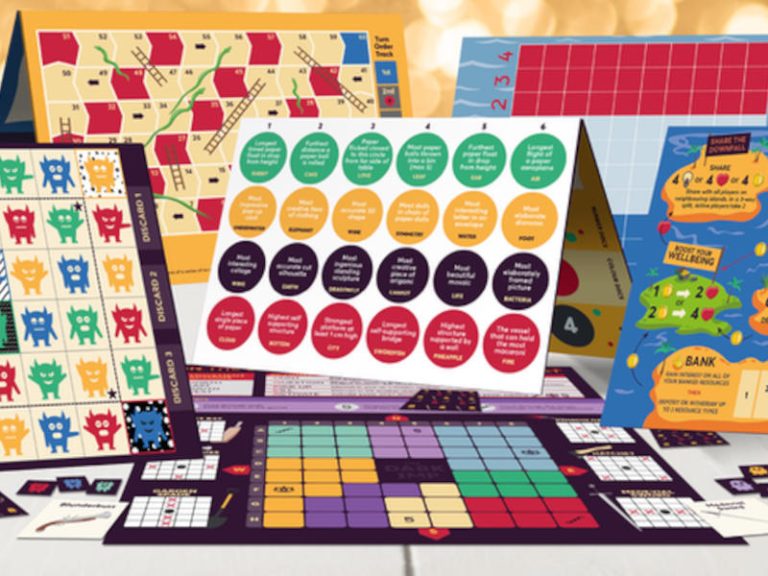Turing (Saturday Review)
The game, it's a test of sorts, for determining whether something is a machine or a human being. There's a judge and a subject. The judge asks questions and based on the subject's answers they determine who they are speaking with - what they are speaking with. All you have to do is ask a question. So, now it's your turn to ask Turing by Glenn Ford from Man O' Kent Games.


